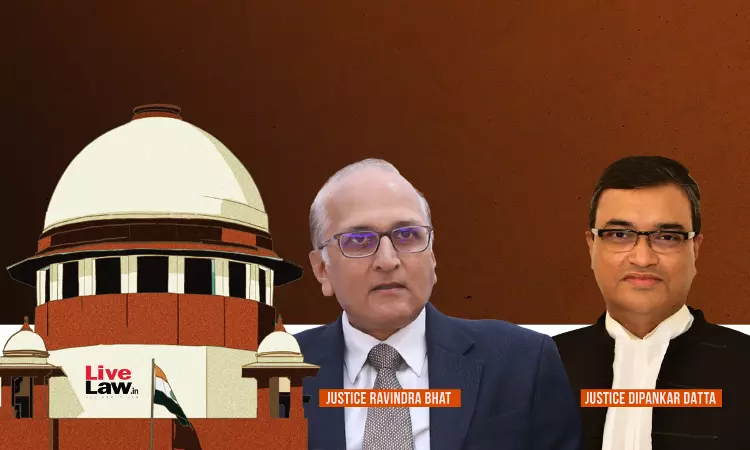S 27 Evidence Act | Disclosure Statements Cannot Be Sole Basis For Conviction : Supreme Court
Ashok KM
12 Aug 2023 2:51 PM IST

Next Story
12 Aug 2023 2:51 PM IST
The Supreme Court observed that disclosure statements cannot be the sole basis for conviction in a criminal case."Although disclosure statements hold significance as a contributing factor in unriddling a case, in our opinion, they are not so strong a piece of evidence sufficient on its own and without anything more to bring home the charges beyond reasonable doubt.", the bench of Justice...
